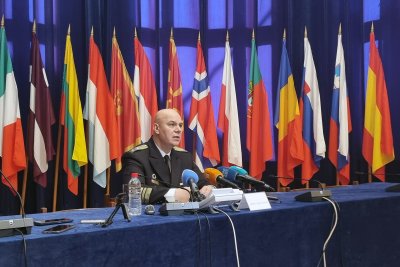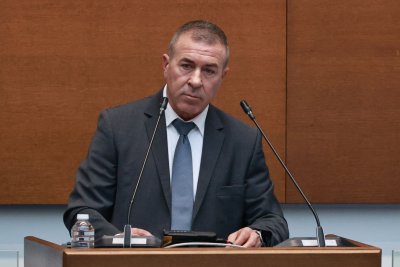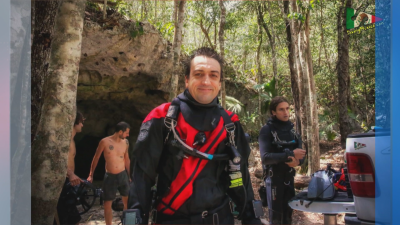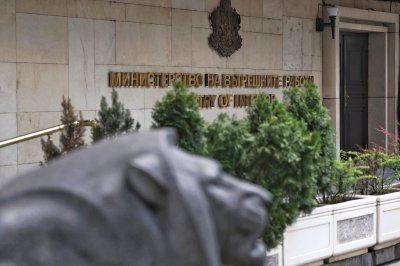Valdis Dombrovskis, European Commissioner for the Economy and the Euro, and Ekaterina Zaharieva, Bulgaria's European Commissioner, are currently visiting Bulgaria following the positive reports from the European Commission and the European Central Bank. These reports confirm that Bulgaria meets all the criteria for adopting the euro on January 1, 2026. The two Commissioners held a joint briefing during their visit.
During meetings with Bulgarian Prime Minister Rossen Zhelyazkov, the main topic of discussion was the challenges Bulgaria faces on the path to joining the euro area.

Zhelyazkov welcomed the visit of the two Commissioners and emphasised that the positive convergence reports published by the EC and ECB mark a historic milestone. The final decision on Bulgaria's accession is expected on July 8.
"Joining the eurozone does not mean abandoning our national currency—it means joining the common European currency," said Zhelyazkov.
"Bulgaria's financial system is stable and getting as close as possible to the European sustainability criteria."

According to him, this will make the Bulgarian economy more competitive. This means higher incomes and greater purchasing power. He thanked Valdis Dombrovskis for sharing his experience regarding the advantages of the euro and its promotion. Zhelyazkov explained that he had informed him about the control mechanisms and measures that have been implemented concerning public awareness and transparency of all processes.
"For us, the period until the end of the year is extremely important. It will be filled with the necessary information campaigns to promote the eurozone, so that people are familiar with its advantages. At the same time, there should be no panic or undue haste to exchange their funds."

He clarified that it is very important for people to know that leva will be converted into euros without any limitations.
"As of January 1st, anyone who has savings will be able to exchange them at the Bulgarian National Bank without a deadline and without paying any fees."
He stated that there is no reason for people to start exchanging their money in panic on January 1st. People's savings are guaranteed, the Prime Minister emphasised.
"The exchange process will be smooth and calm. There will be no need for panic-driven actions. The state will use all its regulatory mechanisms to maintain price stability and will ensure the security of those exchanging their funds."
The European Commissioner for the Economy, responsible for the euro, Valdis Dombrovskis, thanked the Bulgarian authorities for the warm welcome. He described the day as historic.

"This report provides the basis for the Commission's assessment regarding Bulgaria's accession to the euro area. The Member States must make a final decision on this process in the first half of July."
Accession to the euro area requires significant effort and adherence to rules, stated the Commissioner. He noted that Bulgaria has been on the path to the euro for a long time, and that this is not an easy process. Despite the challenges, our country has maintained a steady course. It has demonstrated a stable economic foundation, he added. Bulgaria's economic performance in recent years has been impressive.
"The figures speak for the country’s solid economic development and growth—faster than the EU average. In fact, Bulgaria’s economic growth has doubled since it joined the EU. Bulgaria and its people should be proud of this achievement. But of course, development must not stop here. After January 2026, fiscal discipline must be maintained, and the momentum from the positive reforms should be sustained to maximize the benefits of EU membership."

The necessary conditions include maintaining stable public finances, improving the business environment, combating corruption, and so on. Europe is here to support Bulgaria in this process, he stated. The euro will bring tangible benefits to Bulgarian citizens. Valdis Dombrovskis said that Bulgaria is sending positive signals to investors.
“The euro removes barriers for businesses in terms of exchange and conversion costs. In the long term, the euro ensures price stability. It can also serve as a shield—not only for my own country, given the geopolitical situation and Russia’s aggression against Ukraine. It is a shield. Savings are safe. If I may speak directly to Bulgarian citizens, I would say this: ‘The euro brings new opportunities, investments, jobs, and growth. We have already seen this throughout the euro area. The same will happen in Bulgaria. Joining the euro area is the best investment Bulgaria can make for its future.’”
He added that the country must ensure practical preparations for Bulgaria's entry into the euro area so that everything proceeds smoothly. This requires efforts from the authorities, banks, and the general public.
“Accurate information must be clearly communicated by institutions to dispel unfounded fears. Some Bulgarians are concerned that joining the euro area will raise prices. But I must assure you—these fears are unfounded. We see this based on historical data. There is no reason to fear rising prices.”
The Commissioner explained that his visit marks the beginning of this process. He shared that he has always defended Bulgaria and is impressed by the efforts of the Bulgarian people. He extended congratulations on behalf of the European Commission. “I look forward to welcoming you into the euro area,” he said.
Ekaterina Zaharieva also expressed her gratitude to the Bulgarian government, which made every effort to make this report possible.

She addressed the Bulgarian citizens, saying that it is natural for them to have concerns, but the government is confident that they are ready, have a clear plan, have our support, and that, in fact, the Bulgarian people embraced eurozone membership a long time ago.
"This is good news for future generations," stated Ekaterina Zaharieva.
Photos by Dessislava Kulelieva, BNT







 Чуй новините
Чуй новините Подкаст
Подкаст





























